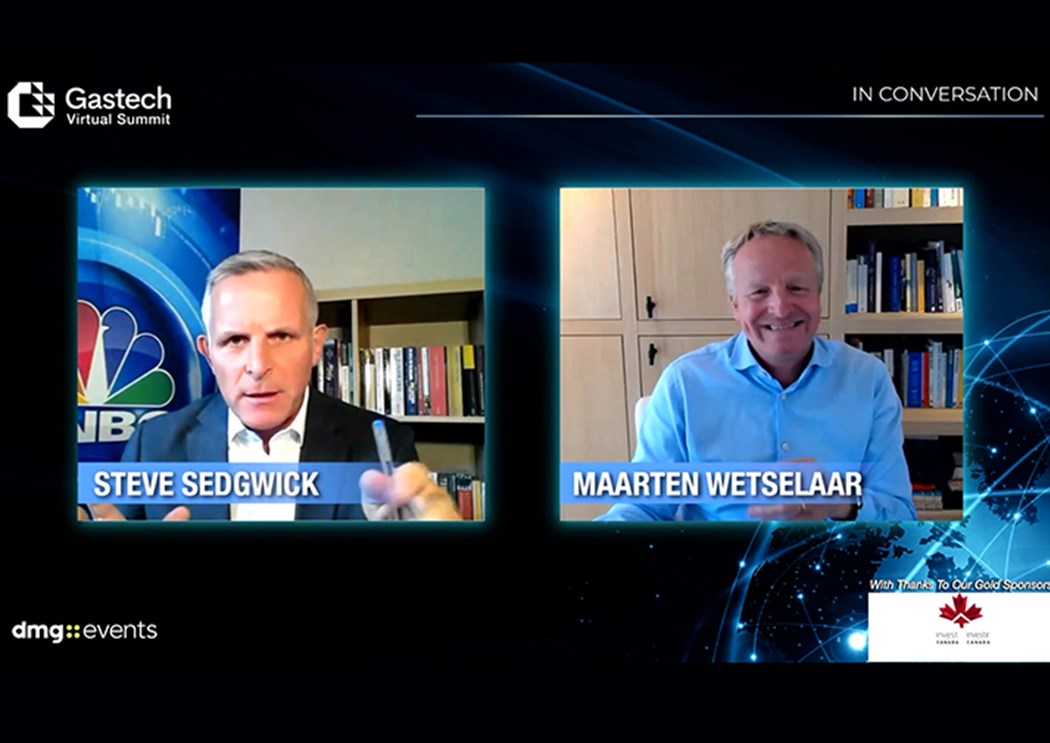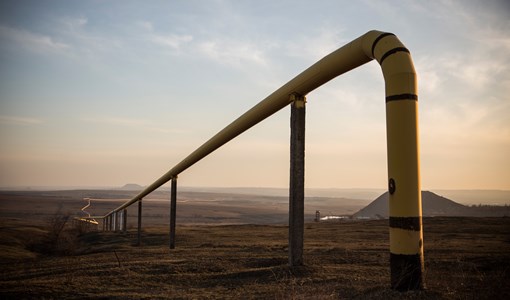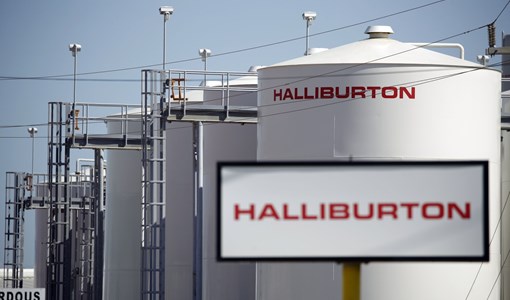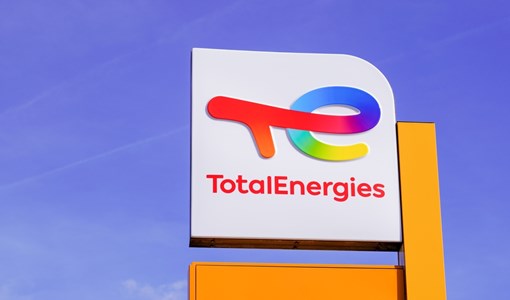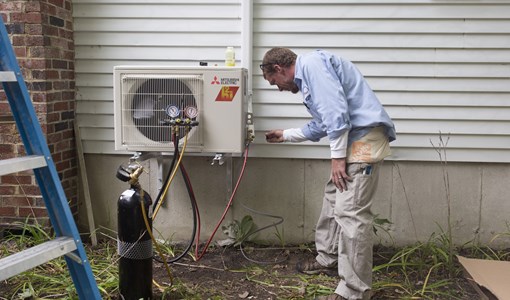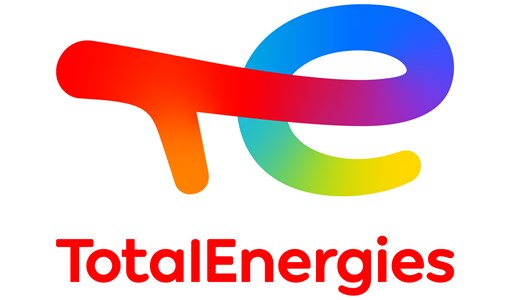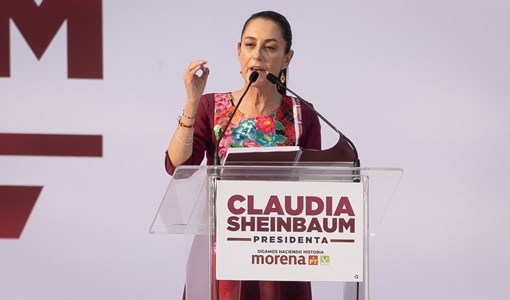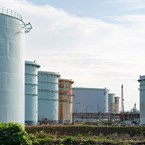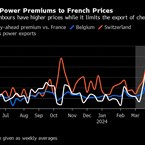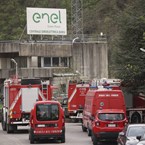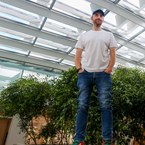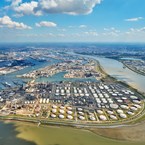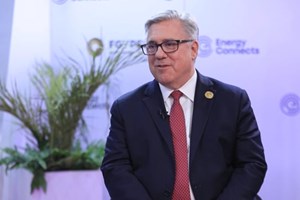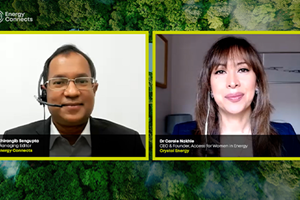Shell looking to the future
As part of the Gastech Virtual Summit opening ceremony Maarten Wetselaar, Integrated Gas & New Energies Director and Member of the Executive Committee from Shell spoke to CNBC’s Anchor Steve Sedgwick.
Wetselaar stated that a lot is uncertain in the world since the arrival of COVID-19 but companies need to react.
“One thing does remain constant which is the need to tackle climate change by limiting the global temperature rise to one and a half degrees Celsius. In this challenging situation, that is an opportunity for all of us. Across the world, we see initiatives to support the sustainable recovery of the global economy from governments, from NGOs, from communities, but also from companies. For its part in this recovery, Shell said in the middle of the pandemic in April, we are set a new ambition to become a net-zero emissions energy business by 2050 or sooner in step with society. Now, our current business plans will not get us there so they will have to change overtime to make sure that we achieve net-zero on all the emissions from the manufacturer of our products and from the use of our products. That means our own operational emissions, but also those associated with the use of our products.”
He added: “This means that even with a sustainable recovery after COVID-19 and all the best efforts to build back better, the world will continue to need oil and gas for decades to come. In fact, we expect natural gas to supply over 40 per cent of all the additional worldwide energy demand between now and 2035. As well as investing in renewable energies and new technology, as sustainable recovery also requires energy companies to reduce the emissions from the production of oil and gas since it's going to be here for decades.
Wetselaar believes strongly about the need to reduce methane emissions.
“Now, I believe that tackling methane emissions is particularly crucial because they are by and large unnecessary. That needs to get as close to zero as possible. Reducing methane emissions from the production of oil and gas alone is not enough. Even if all the energy companies will bring down methane emissions as far as possible, burning natural gas which still emits CO2. If the world is to limit the global average temperature rise to one point five degrees, it needs ways to mitigate these hard to avoid emissions. That's why the energy sector must pursue ways to offset or mitigate these emissions.”
Wetselaar touched on the issue of COVID-19.
“While COVID-19 has caused so much uncertainty in the world for you, I, and for everybody, I believe the energy sector can help with the sustainable recovery in many ways. I think we plan for resilience. We plan for COVID for longer. Not that we want to, but we need to. It will end, and we need to build a bridge to that time period when COVID is gone, when the economy really picks up again. We can all build back better and actually make the money to pay for building back better.”
KEEPING THE ENERGY INDUSTRY CONNECTED
Subscribe to our newsletter and get the best of Energy Connects directly to your inbox each week.
By subscribing, you agree to the processing of your personal data by dmg events as described in the Privacy Policy.
More gas & LNG news
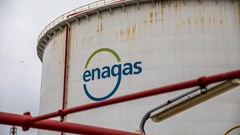
Europe’s Top LNG Plant Operator Wants to Move Into Ammonia, CO2
Apr 19, 2024
Southwest Gas Unit Gets $314.8 Million From IPO, Icahn Deal
Apr 17, 2024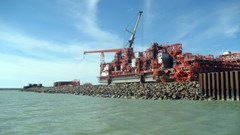
Kazakhstan’s Compensation Claims Against Kashagan Oil Firms Jump to $150 billion
Apr 17, 2024
Oman LNG and Shell agree 10-year supply deal amid transition-led demand growth
Apr 17, 2024
Power Demand Surge Is Complicating Carbon Goals, Duke CEO Says
Apr 16, 2024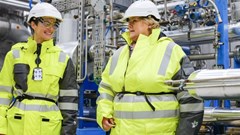
Equinor strengthens its gas position with a swap of onshore assets in the US
Apr 16, 2024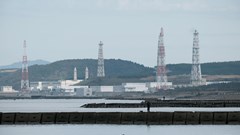
Tepco Flagship Nuclear Plant to Load First Fuel Since Fukushima
Apr 15, 2024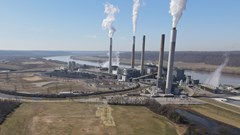
GE Vernova’s technology to help LG&E and KU further diversify sustainable energy portfolio
Apr 15, 2024
Biden Plans Sweeping Effort to Block Arctic Oil Drilling
Apr 12, 2024
LNG Importer New Fortress Energy Cuts London Trading Staff
Apr 11, 2024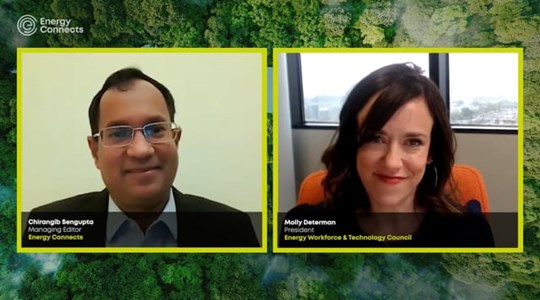
Energy Workforce helps bridge the gender gap in the industry
Mar 08, 2024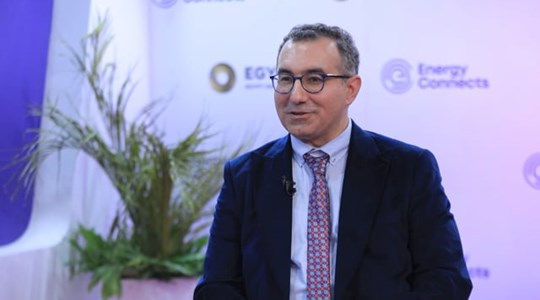
EGYPES Climatech champion on a mission to combat climate change
Mar 04, 2024
Fertiglobe’s sustainability journey
Feb 29, 2024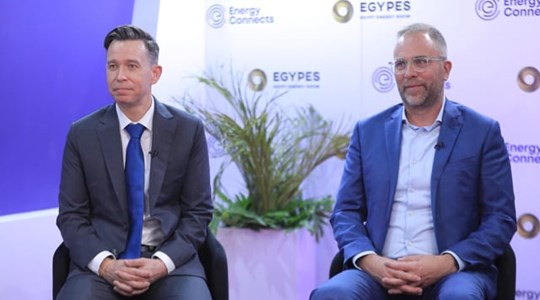
P&O Maritime Logistics pushing for greater decarbonisation
Feb 27, 2024
Neway sees strong growth in Africa
Feb 27, 2024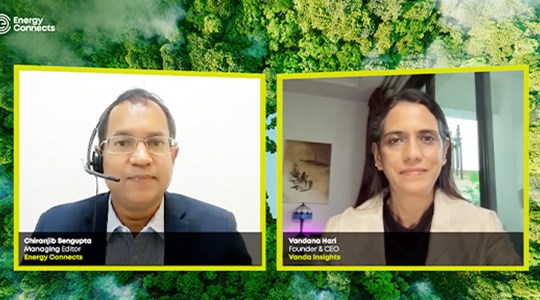
India’s energy sector presents lucrative opportunities for global companies
Jan 31, 2024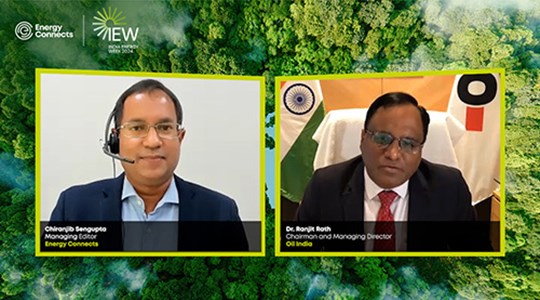
Oil India charts the course to ambitious energy growth
Jan 25, 2024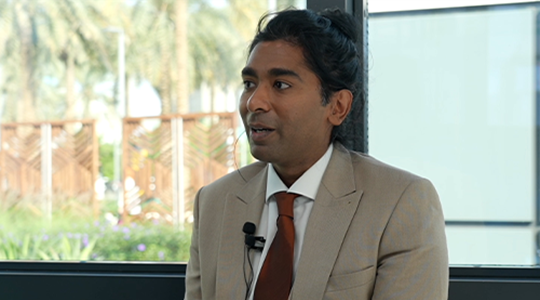
Maritime sector is stepping up to the challenges of decarbonisation
Jan 08, 2024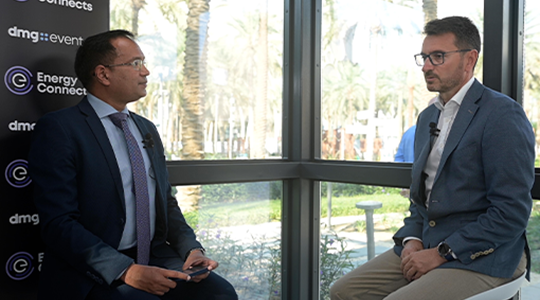
COP28: turning transition challenges into clean energy opportunities
Dec 08, 2023
Why 2030 is a pivotal year in the race to net zero
Oct 26, 2023Partner content
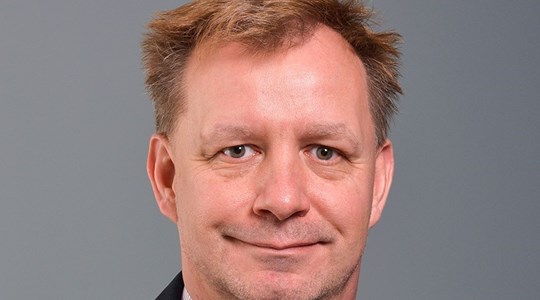
Ebara Elliott Energy offers a range of products for a sustainable energy economy

Essar outlines how its CBM contribution is bolstering for India’s energy landscape

Positioning petrochemicals market in the emerging circular economy

Navigating markets and creating significant regional opportunities with Spectrum


